Liberals’ lead could change if domestic concerns surpass U.S. tensions, says pundits, pollster
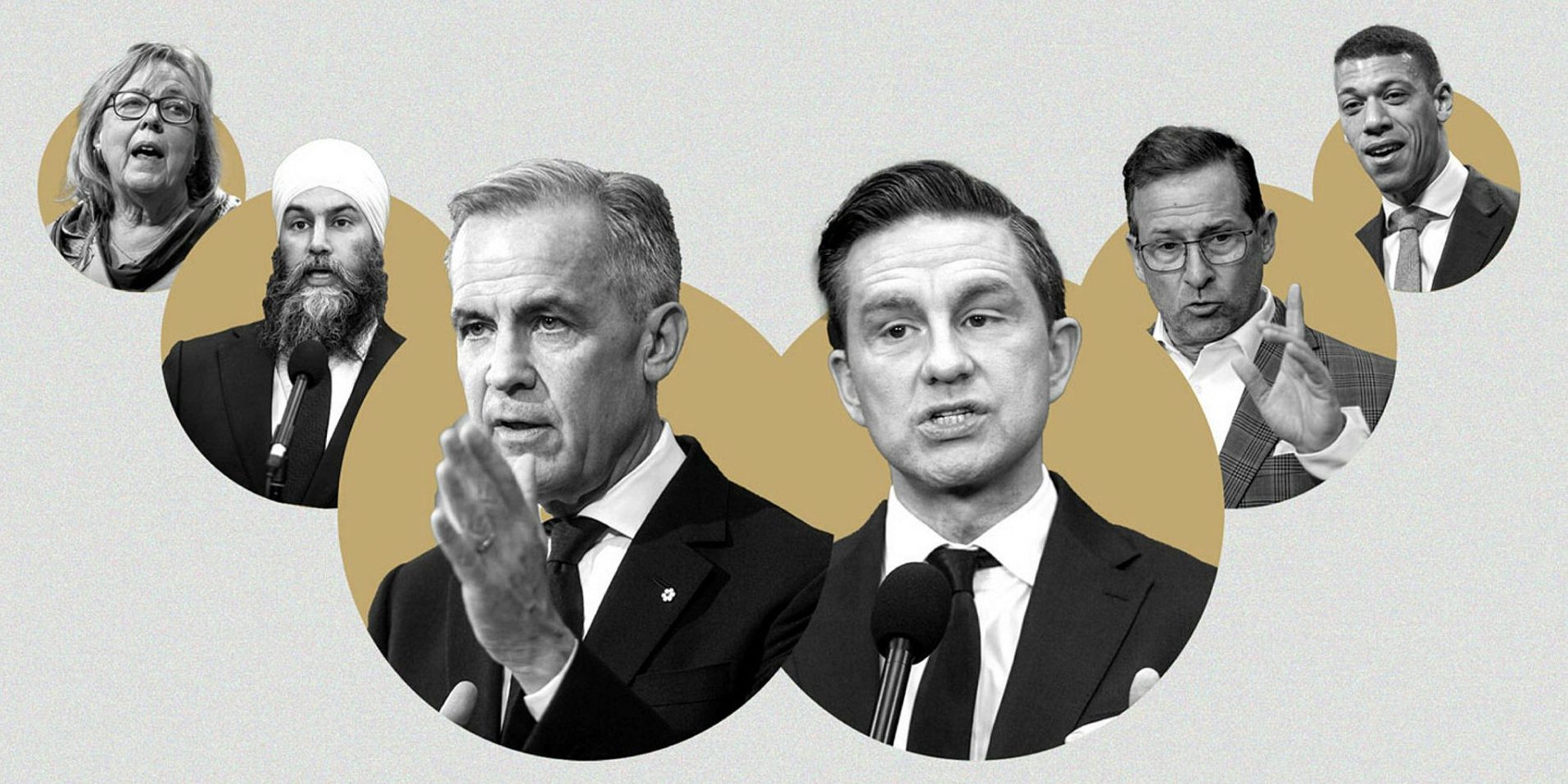
The Liberals have been boosted in the polls because of public concern about how Canada should deal with the United States, but a shift in focus to more domestic policy issues could make the outcome of the election much harder to predict, say lobbyists and pundits.
“The way I see it is, these last two weeks have been marred and had the cloud of [U.S. President Donald] Trump hanging over the election, and I would argue that the rubber hasn’t hit the road yet,” said Andrea Sarkic, a public affairs counsellor for Compass Rose Group and a former Conservative staffer.
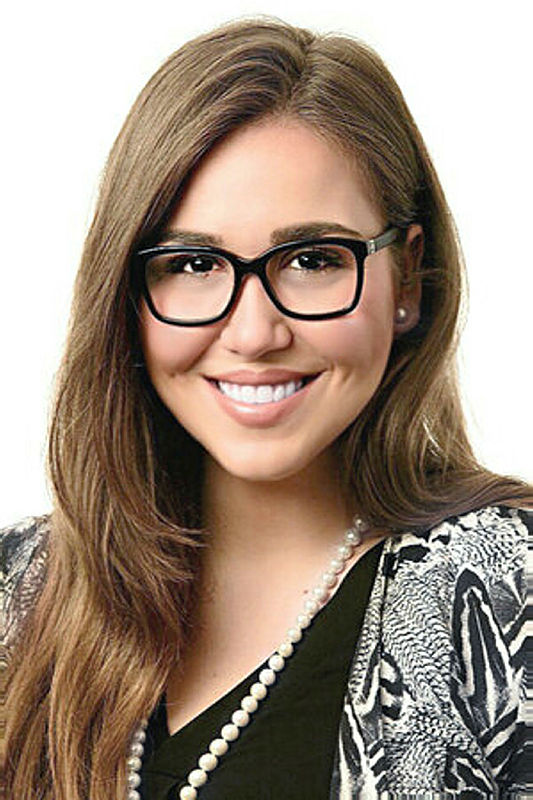
“But I think it’ll be curious to see if the electorate will stay focused, and if they continue to be influenced by Trump and the tariffs, or if you see folks ask questions and start to pay more attention to domestic policy, because … I will argue all day long that I think [for] Mr. [Pierre] Poilievre, the policy is the focus. That’s the bigger ticket.”
Recent polling data has shown the Liberals in a narrow lead in an overall tight race against the Conservatives as Canada approaches election day on April 28. Data from Nanos Research released on April 8 put the Liberals at 43 per cent nationally, ahead of the Conservatives at 38 per cent. Abacus Data reported on April 6 that the Liberals and the Conservatives were tied with 39 per cent support each, followed by the NDP at 11 per cent.
Sarkic told The Hill Times that, during the election campaign, Prime Minister Mark Carney has had to contend with U.S. President Donald Trump and recent tariff announcements, and that the Liberals will have a clear advantage if the “Trump issue” remains at the forefront of the electorate. However, she argued that the upcoming leaders’ debates—a French-language debate on April 16 and an English-language debate on April 17—could help shift some support back towards the Tories because of the opportunity to discuss domestic issues.
“Mr. Carney, I will argue, has cut his teeth over the last two weeks in the election, but he is still largely untested in the political arena of debate and that true campaign style,” said Sarkic. “But a true campaign and that true, tested arena—this is something that Mr. Poilievre has done for over 20 years.”

Jamie Carroll, a former national director of the federal Liberals, said the party is winning the campaign so far, but that could change, given the extremely volatile electorate.
“At the moment, I’m inclined to believe the vast majority of polling that Mark Carney and the Liberals are winning the campaign. But that could change just as quickly as … well as it already did! Liberals should take almost no comfort from sitting on top of the biggest, fastest polling swing in modern Canadian history. It’s a helluva lot better than being on the other side of it, but the folks I speak to on the campaign appreciate the precariousness of the moment,” said Carroll.
“Poilievre, unfortunately for him, is the embodiment of Wells’ Fourth Rule of Politics: ’The guy who auditions for the role of opposition will get the job.’ That’s a hard mold to break. The Libs need to go on the attack, keep Poilievre in the mold, and start to pivot beyond Trump. Their rallies are getting bigger, but while Carney’s magic on the tariff file is his calmness, it would be described as boring in any other campaign,” said Carroll.
Nik Nanos, chief data scientist for Nanos Research, told The Hill Times that the gap between the Liberals and the Conservatives during the campaign has become narrower when there has been “more of a traditional election campaign environment focused on issues” and not on Trump.
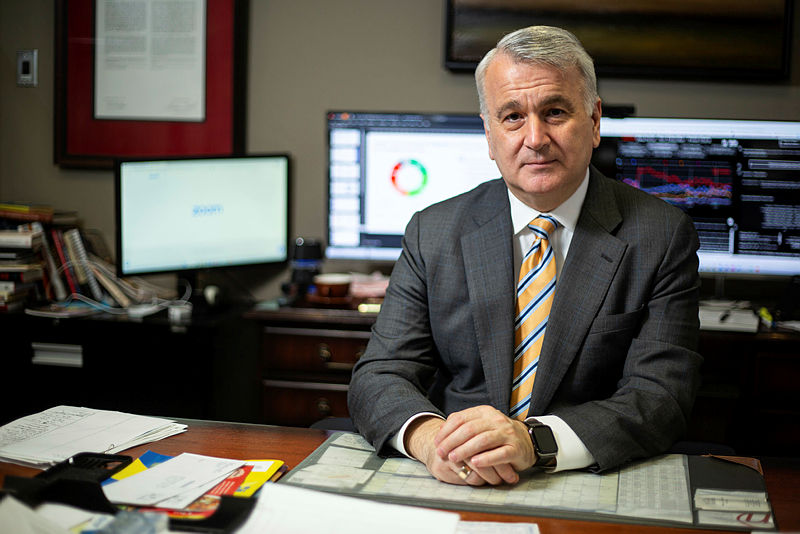
“What’s clear is that when the campaign is focused on Donald Trump, it seems to favour the Liberals. When the campaign is in regular campaign mode, it’s a very tight race between the Liberals and the Conservatives and the Liberals don’t enjoy the same type of advantage that they do when Donald Trump has his sights on Canada,” he said.
Nanos said both the Liberals and the Conservatives are winning the election currently, and all the other parties are losing.
“We’re seeing a consolidation of votes around the two main parties like we’ve never, ever seen before,” he said. “We have a Conservative party that’s at 37 to 38 per cent, which is usually enough to win an election in normal circumstances if the New Democrats, the Bloc and the Greens did their jobs and were more competitive. We also have a Liberal party whose support is in the low 40s that has basically come back from the dead, politically, over the last two to three months.
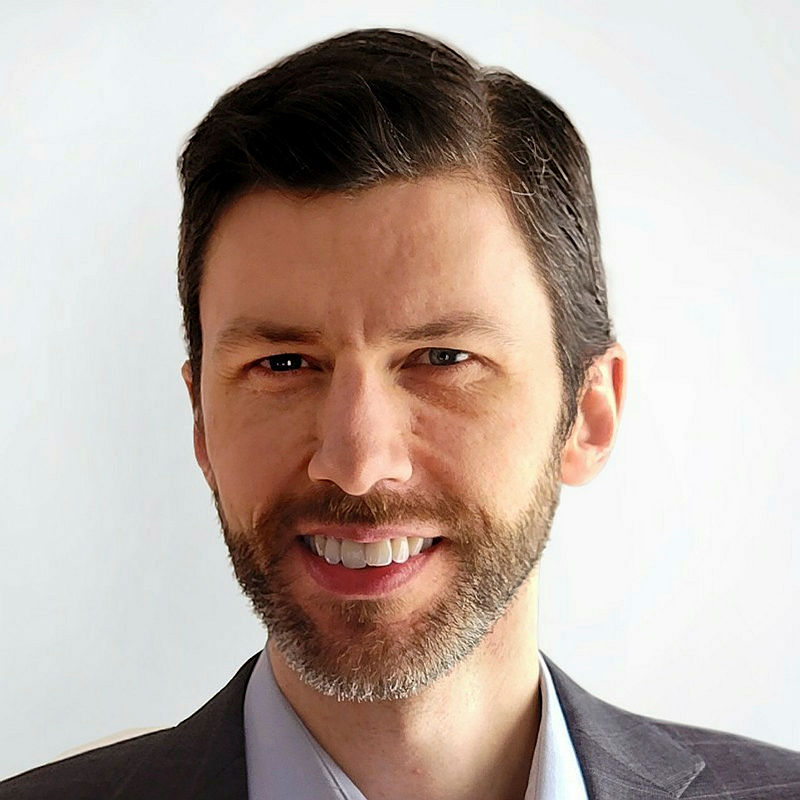
“I think there are two winners—the Liberals and the Conservatives, and then the rest are all losers right now,” said Nanos.
Dan Arnold, chief strategy officer at research consultancy Pollara, and a former top researcher for the Liberal Party’s election campaigns and in the Prime Minister’s Office under Justin Trudeau, told The Hill Times that when he looks at the current federal election, the day-to-day policy announcements that normally drive an election campaign are “pretty meaningless.”
“People will stand up and offer tax credits for this and programs for that, but it really feels to me like the only thing that is really on the minds of voters right now, and that is cutting through, is what is going on south of the border, and how voters are responding to that,” he said. “That seems to be what is driving the discussion, and ultimately what people are going to base their votes on, is who they feel can handle the Trump question. The Trump card beats all the other cards that are being played right now on the campaign trail.”
Arnold said that Canadians tend to trust Carney more than Poilievre to deal with Trump, partly because of the Conservative leader’s “vibe.”
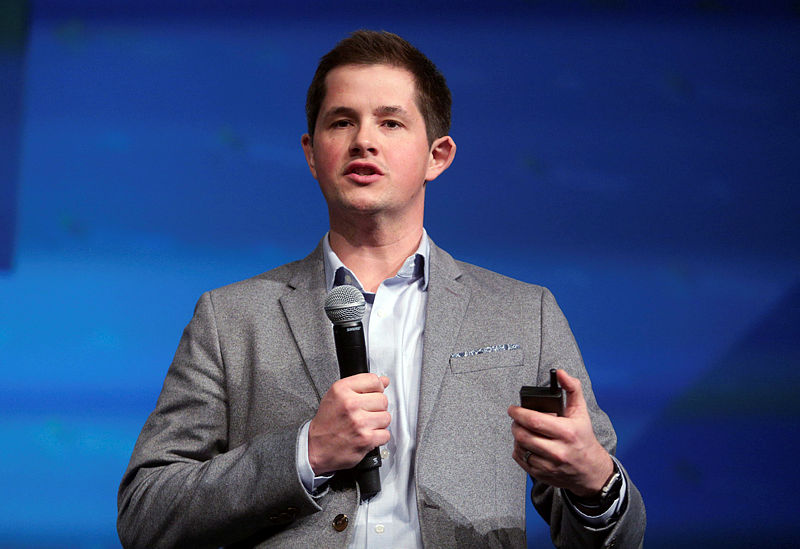
“[Poilievre], over the last couple of years, is somebody who’s used a lot of slogans and catchphrases that are very Trumpian in nature. I think people find that off-putting, and it’s created a bit of a perception—not that he is necessarily Canada’s Donald Trump—but that he follows the Trump playbook,” he said. “There’s a view out there among a lot of voters, I think, that somebody who follows Trump’s playbook is not the person we want in charge right now when we’re dealing with Trump.”
David Coletto, founder, chair and CEO of Abacus Data, said that the Liberals are winning the election, in terms of the polling data, but also because they are able to command the attention of more of the public on the issue they want to talk about, which is Trump.
“As long as that continues to be the case, I think [the Liberals] are going to continue to have the advantage,” he said. “The Liberals have the largest pool of accessible voters. They are owning … any of the issues that voters are really thinking about now—mainly the economy and dealing with Trump, and we’re seeing the desire for change stay at a level that isn’t dangerous for the Liberals.”
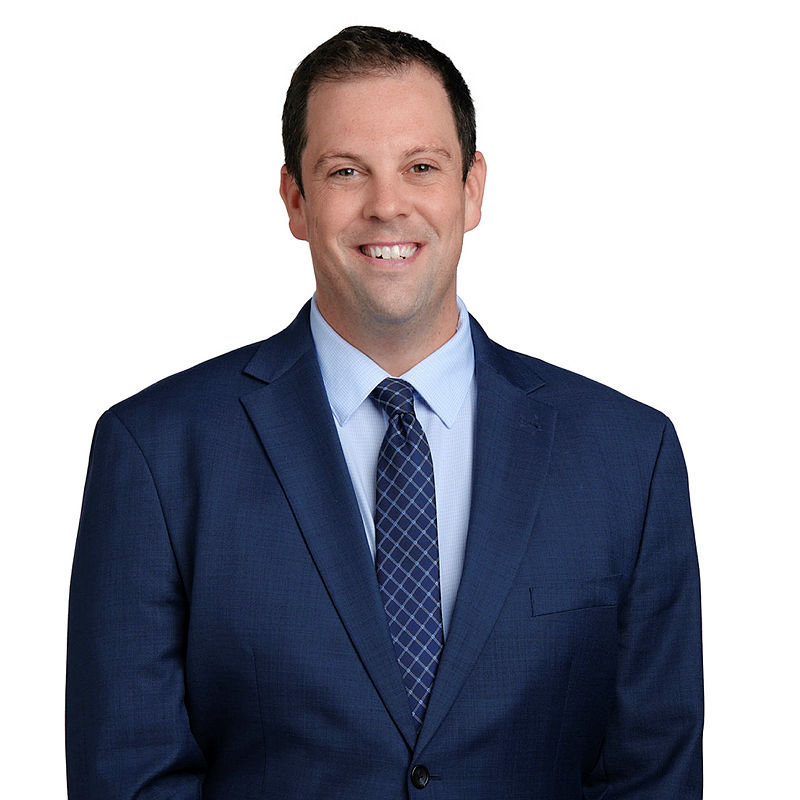
Jordan Paquet, vice-president of Bluesky Strategies and a Conservative pundit, told The Hill Times that this week’s leaders’ debates will be “an important final contrast” between the Poilievre and Carney.
“If the question does come down to change and how do we build a more resilient Canadian economy, there are certain things in there that the parties are going to want to put out as their sticking points,” said Paquet. “For the Conservatives, it’s very much going to be about showing ‘We’re the agents of change, and it’s not Mark Carney. It’s not the Liberals,’” he said. “On the Conservative side, they really want to put out some of these new … pro-affordability policies, really contrasting the Liberal record over the last 10 years. I think that’s where the policy is going to come into play.”
When asked about who is winning the election, Paquet said it’s incredibly hard to predict.
“If you look at a couple of polls, the Liberals have started out, certainly, at the top, and the Conservatives are now the underdog. I think now that you’re seeing things moving towards more people paying attention to beyond just what’s happening in the U.S…. you’re starting to see this tighten up quite a bit.”
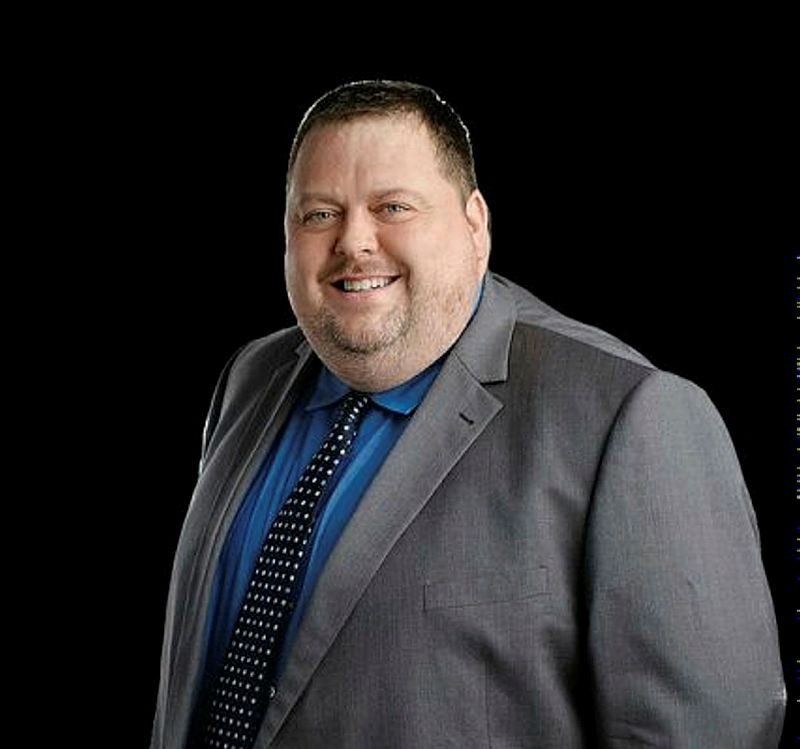
Cam Holmstrom, founder of Niipaawi Strategies and a former NDP staffer, described Carney as “not a polished politician by any stretch of imagination,” arguing that he is not a great presenter with “okay” French.
“Mark Carney himself only has one gear. Nine times out of 10, that would probably sink him, but it just so happens that that gear [is] the perfect gear for what we’re facing right now. If this moment ever passes and you come back normal times, that’ll probably be his undoing, unless he can’t grow with the position more,” he said.
Holmstrom said that Carney has the correct “tone” when speaking about Canada’s current tension with the U.S.
“When you’re hearing him talk about how our relationship with the Americans will never be the same, how those days are over … those aren’t the kind of things we used to hear our political leaders say … and people aren’t running for the hills, crying and screaming over it. They’re like, ‘Yeah, he’s right.’ He’s got the tone of everything correct right now.”
jcnockaert@hilltimes.com
The Hill Times






 LICENSING
LICENSING PODCAST
PODCAST ALERTS
ALERTS













